I’m about to confess to long-term crazy behaviour on my part. And then, I will read your mind.
First, the confession. For over a quarter of a century, I have devoted considerable effort to what may well be a lost cause: trying to encourage far stronger environmental protection.
I have done so as I became highly concerned about issues like deforestation and global warming; and I believed some authors who predicted things would change for the better if people were told of problems, and what should be done to make our way of life sustainable.
Well, I’m now even more concerned than ever by global warming, along with a host of other issues. Yet despite a wealth of information on problems and how we might solve them, we humans have not changed our ways. So perhaps my course of action has been crazy, not least as it failed to achieve one goal many share: it did not make me rich!
But enough about me; let’s move on to reading your mind. Give me a little time here while I concentrate on you. It might be best if you gaze at my photo, look into my eyes, and open your mind, let me see your innermost thoughts.
Aha! I am starting to sense some information about you. Yes, I’m sure of some things.
I’m sure you like to breathe clean air, free of smoke and smog. You also like to drink clean water, and prefer that it is plentiful and cheap or even free. You enjoy food, and want to feel confident the food you eat is safe, and nutritious. Not only that: you also prefer that food prices are relatively stable, which means that crops can be reliably grown and harvested.
Hmmm… I’m not quite so sure now, but I also think you appreciate living in a world where there are places of outstanding natural beauty, and where tigers prowl jungles, polar bears hunt on Arctic ice floes, pandas roam bamboo forests, and sharks patrol reefs, helping keep ecosystems in balance. If you have children, you hope they and their children can grow and live in a similar world.

Yes, this is very simple mind reading: we might hope that most people share similar aspirations. Desires to breathe clean air and drink clean water are common worldwide; while wanting to share the planet with wildlife we may never encounter might be more the concern of someone living in the developed world, perhaps in an urban area remote from many creatures.
Yet as this shows, the environment is important. Indeed, it is crucial: the natural environment is our life support system.
Why do we humans treat nature so badly?
So why do we humans treat the natural environment so badly? Why is the natural environment treated like a minor issue? And what can we do to ensure changes for the better?
Before these questions, it is perhaps worth considering whether there really is anything to be concerned about. After all, sitting in a comfortable apartment, eating food from around the world and perhaps watching television on a big screen, it can seem all is just fine with the world at large.
But imagine you and I were among people on a spaceship, and the technical experts reported serious trouble with the life support system. Wouldn’t there be a lot of concern and discussion regarding the problems, and great efforts to solve them and keep us safe?
Well, in a way we are all on a spaceship, though not one that was human made, and this earth is the only place we humans have ever called home. And scientists are indeed reporting serious troubles, such as with air quality; immense destruction of forests and coral reefs; plummeting populations of many species of plants and animals; along with the overarching threat of global warming as fossil fuel emissions cause temperatures to rise and weather patterns to become wilder, less predictable.
In response, what do we do? Not very much, compared to the scale of the issues. Some people even claim there is little or nothing to worry about, but they are rarely experts, and too often sponsored by corporations concerned that addressing problems will reduce their profits. The media treats the natural environment as a minor issue.
Corporations and governments are partly to blame for the indifference, but our casual mistreatment of the environment is ultimately the responsibility of every one of us; and in turn affects us all.
What can and should be done? There are no easy answers, but I am certain that small individual actions like turning off lights for an hour each year are woefully inadequate. We need to go way beyond this, and call for larger scale changes, using mass media as I am trying here, along with social media, personal interactions, any ways possible. We need to not just say no to many harmful developments, but also support developments that just might help get us onto a sustainable track, and support groups like local ngos and the growing global movement 350.org.
What do you think? I cannot read your mind here, but I hope you have ideas, and that you can take action that will help effect the necessary changes.







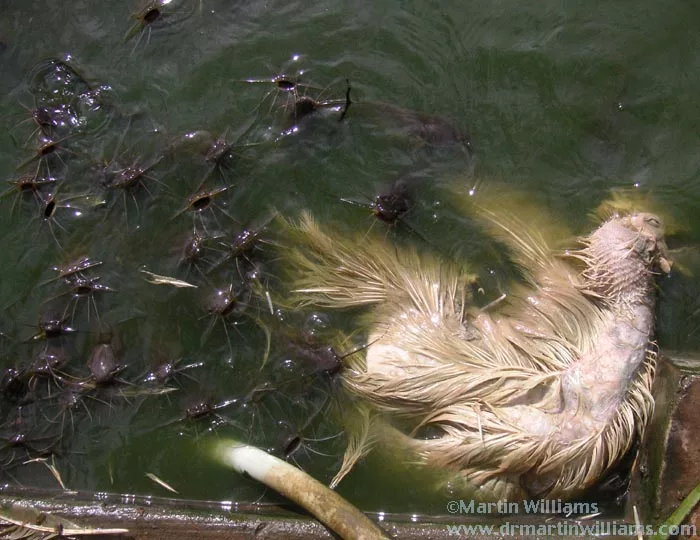
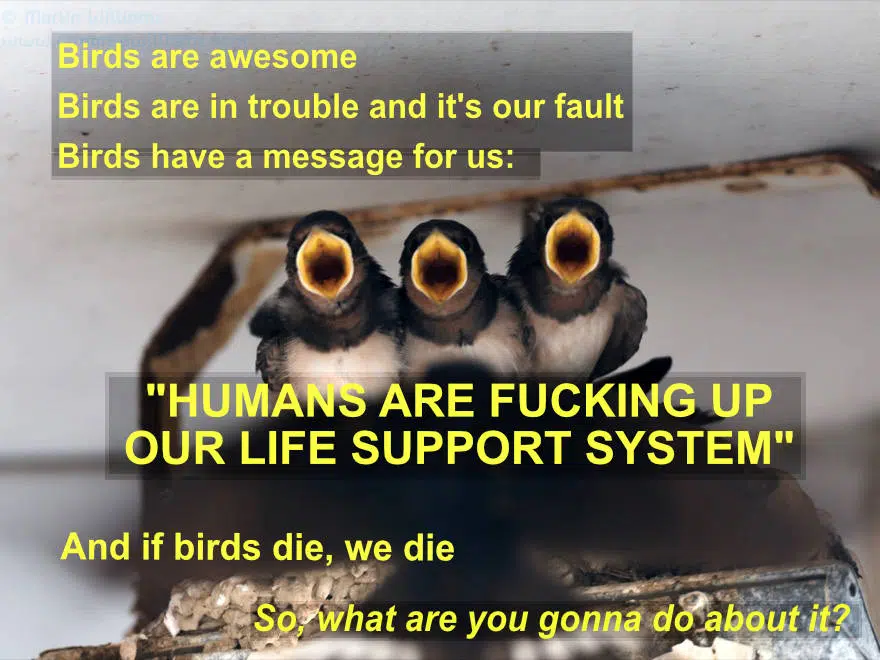
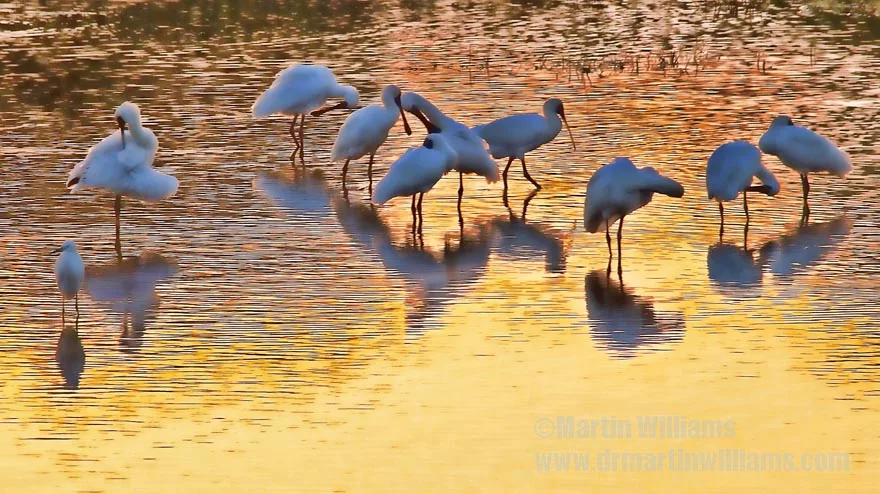
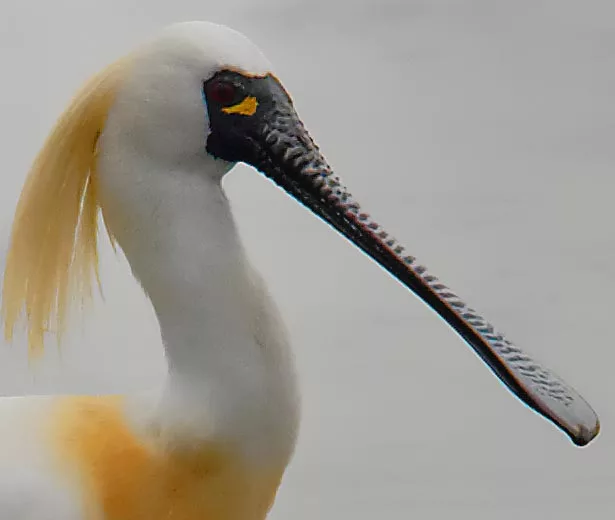
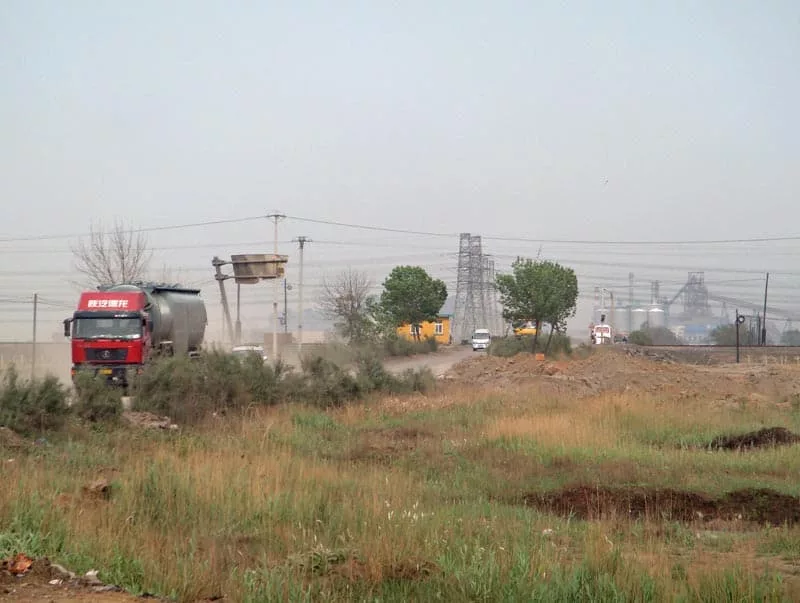
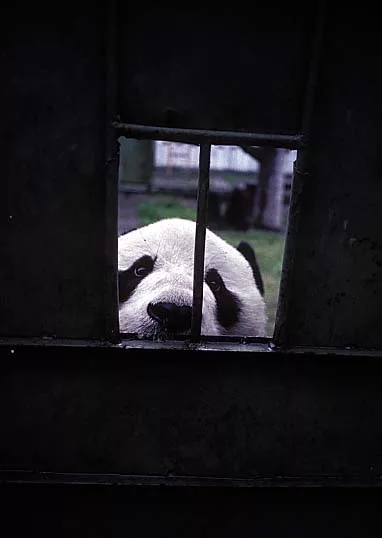


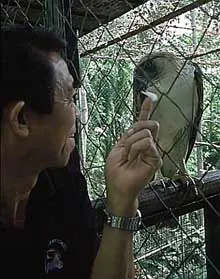
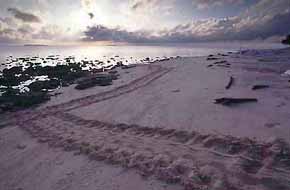


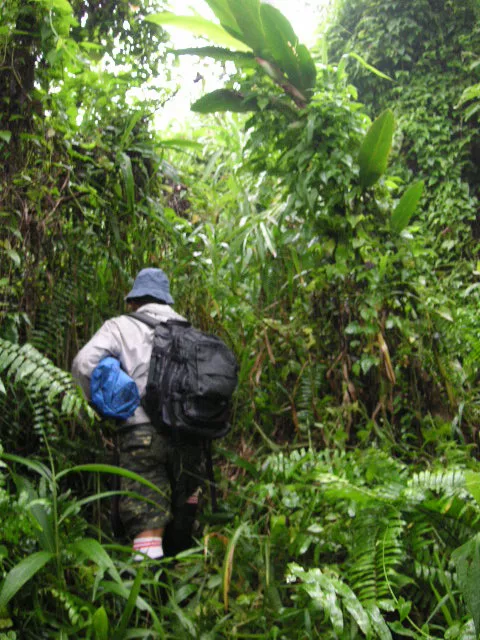
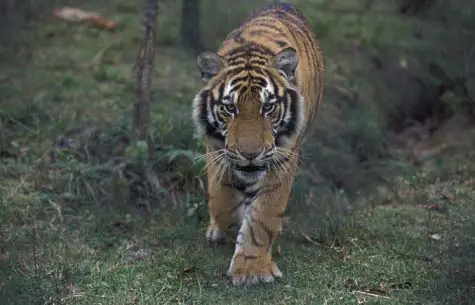
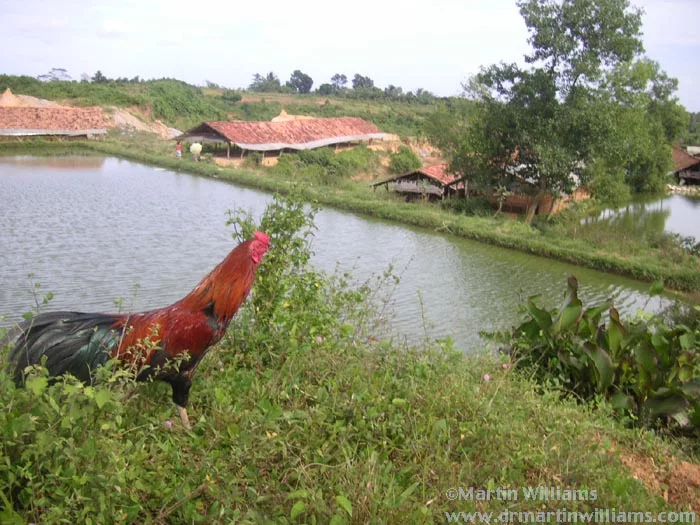

地球號瘋漢自白 我是讀心奇人
Translated to Chinese [was for publication in Ming Pao Weekly, Hong Kong; but editor wanted changes and I did major revision]:
本周專欄中,我將招認自己長久以來的瘋狂行為,再施展讀心術。
先來招供。超過25年來,我一直為可能無望實現的事情勞心勞力:嘗試鼓勵大大加強環保。所以堅持,全因自己高度關注砍伐森林和全球暖化等問題。我曾經相信一些作者預測,只要人們知道問題所在,認識令生活持續發展的方法,情況便會好轉。
現在,我比以往更關注全球暖化,環境問題也是層出不窮。雖然我掌握了更豐富的資料,也有一堆有助解決的方案,但人類並沒有改變自己的生活方式。我大概是瘋漢一名,努力多年而無法達成本應萬眾期待的目標,我更沒因而富起來!
自己說夠了,不如看看我的讀心術。給我一點時間,讓我集中精神。最好你來盯緊我的照片,看著我雙眼,然後打開心扉,讓我探索你內心深處。
我開始感應到了。對,我十分肯定一些關於你的事情。
我肯定你喜歡呼吸無煙無霧、清新潔淨的空氣。你也喜歡喝價廉量多的清潔食水,最好是免費供應。你享受食物,亦希望吃進口中的東西既安全也有營養。你也希望農作物能茁壯生長、收成理想,令食品價格相對穩定。
雖然不太肯定,但我想你也希望活在擁有天然美景的世界, 老虎可以徘徊森林、北極熊可以在北冰洋浮冰塊上狩獵、熊貓可以漫遊竹林、鯊魚可以巡游礁石間,幫助保持生態系統平衡。如果你有孩子,你希望他們和他們的後代都可以在這樣的世界中成長和生活。
對,這讀心術簡單不過:我們也許希望大部份人也有相近的期望。全球人類都渴望得到清新空氣和清潔食水;住在已發展世界、遠離動物的市區居民,可能更關心如何與素未謀面的野生生物分享地球。
以上種種都顯示環境不僅重要,而且是必須的:自然環境是支持我們生命的系統。
那麼,為什麼人類會虧待大自然?為何人們如此輕視天然環境?我們要怎樣做才可確保世界會變得更美好?
回應這些問題前,我們應審視問題究竟是否值得關注。我們每天都可高床暖枕、嘗盡環球美饌,坐在大電視前看節目,世界就好像沒什麼大問題。
但假設你和我都是太空船船員,而技術專家回報生命支持系統出現嚴重問題,為保安全,我們不是都應該關注問題、認真討論、盡力解決嗎?
某程度上,我們早在這艘地球號太空船上。它並非由人製造,卻是唯一一個我們視以為家的地方。科學家已說出多個重問題:空氣質素、林木與珊瑚礁慘遭嚴重破壞、多種動植物物種數量驟降,還有化石燃料排放令溫度上升造成的全球暖化威脅、天氣模式難以預測等。
回應這些影響重大的問題,我們做了什麼?不見得有多少。甚至有人提出不用太擔心,甚或完全不用擔心;持此論調的少有專家,而且很多時都得到大企業的資助。這些企業擔心的,是回應環境問題會削減利潤。媒體更有輕視天然環境之嫌。
儘管社會對問題漠不關心,部份原因可歸咎企業和政府,但全部責任卻源於我們對環境愛理不理,這種態度最終可以影響我們每一個人。
我們可以怎樣做?應該做些什麼?答案並不簡單,但我很相信一些小型個人行動,例如每年把燈關上一小時,絕對是少得可憐的參與。我們需要更大努力、鼓勵自己做出更大轉變。我本身便不會放過任何可行方法,利用傳媒、社交媒介和個人交流努力。我們不單要對有害發展說不,更需支持那些有助我們踏上持續發展之路的項目,還有那些本地志願團體和社群,和規模漸長的全球運動350.org等。
你意下如何?我的讀心術沒能看清你心所想,但我希望你有一些想法,而且可以身體力行,幫助實現應有的改變。